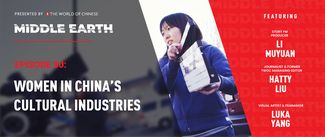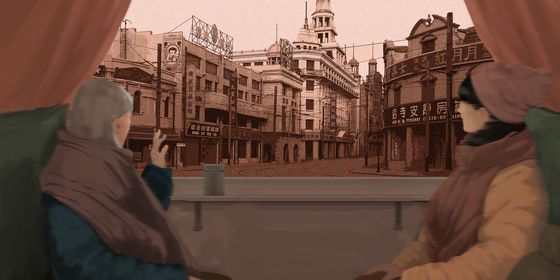A look into the first installment of the outstanding Three-Body sci-fi trilogy
“Attention, you who have received this message! This message was sent out by a country that represents revolutionary justice on Earth! Before this, you may have already received messages sent from the same direction. Those messages were sent by an imperialist superpower on this planet. That superpower is struggling against another superpower for world domination so that it can drag humanity backwards. We hope you will not listen to their lies. Stand with justice, stand with the revolution!”
That quote is China’s first draft of a message to the stars at the height of the Cultural Revolution in Liu Cixin’s (刘慈欣) peerless The Three-Body Problem, translated into English by Ken Liu. The story grapples with a reality in which science is not what it seems, all against the backdrop of a near future and China’s dystopian past. Indeed, even explaining that much seems like a spoiler, suffice to say that Three-Body combines the logical precision of Asimov with the surreal metrics of Neal Stephenson to create a world that makes perfect, hopeless sense.
It may seem strange to compare Liu’s work to Western authors, but Liu admits that a “considerable part of the science fiction” he has read comes from America. Intellectual science fiction has had a difficult time getting off the ground in China, where imagining the future has not always been, and still very much isn’t, safe. However, Liu’s work is a masterstroke by any measure.
What drives the work is uncertainty—a mystery and conspiracy down to the level of the proton. Liu tells the tale with a gravitas led by some of the fictional world’s greatest scientists, thinkers, and prodigies. However, it is perhaps a lowly Beijing police officer that gives the best advice for reading Three-Body: “Anything sufficiently weird must be fishy.”














